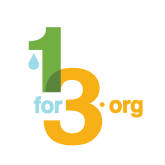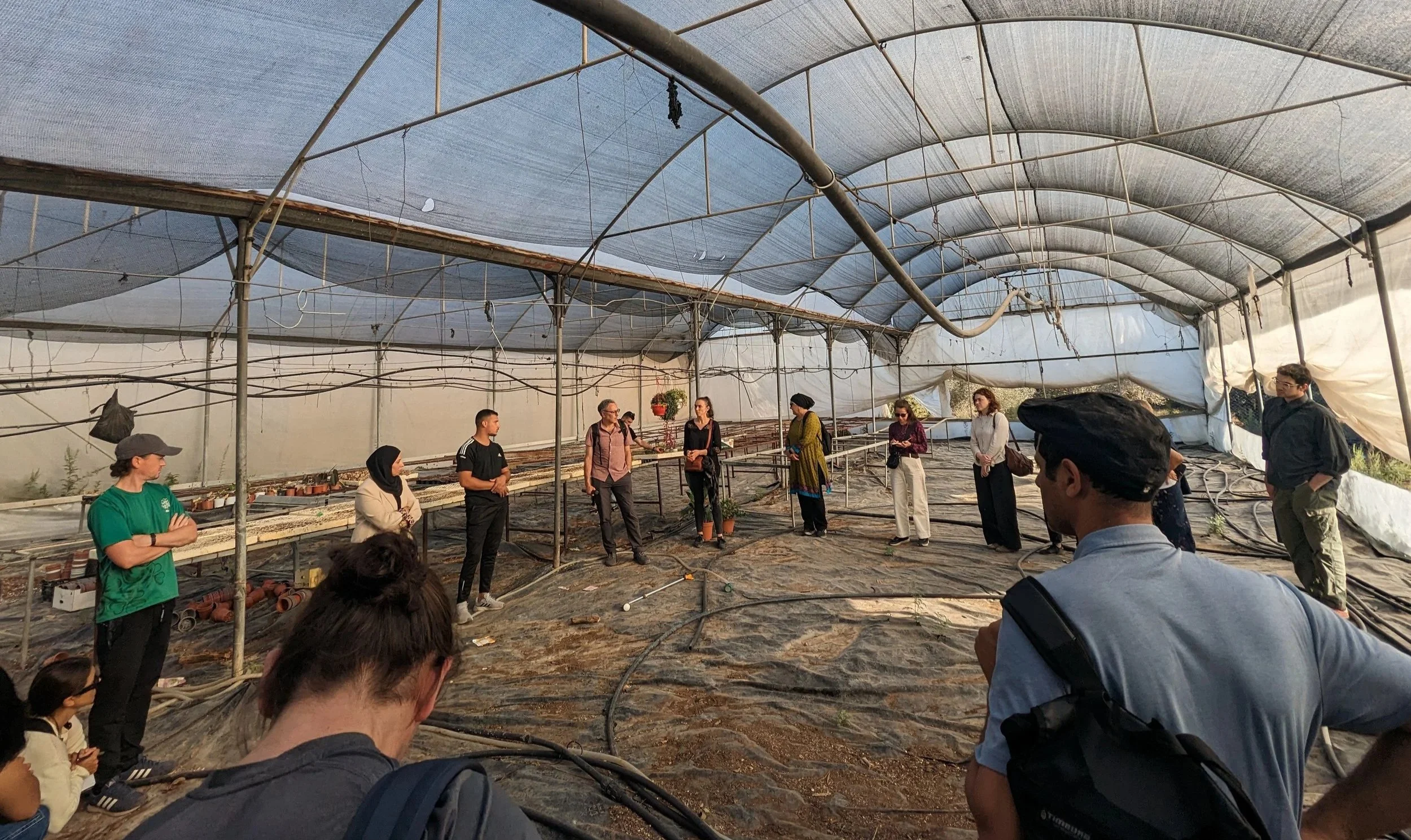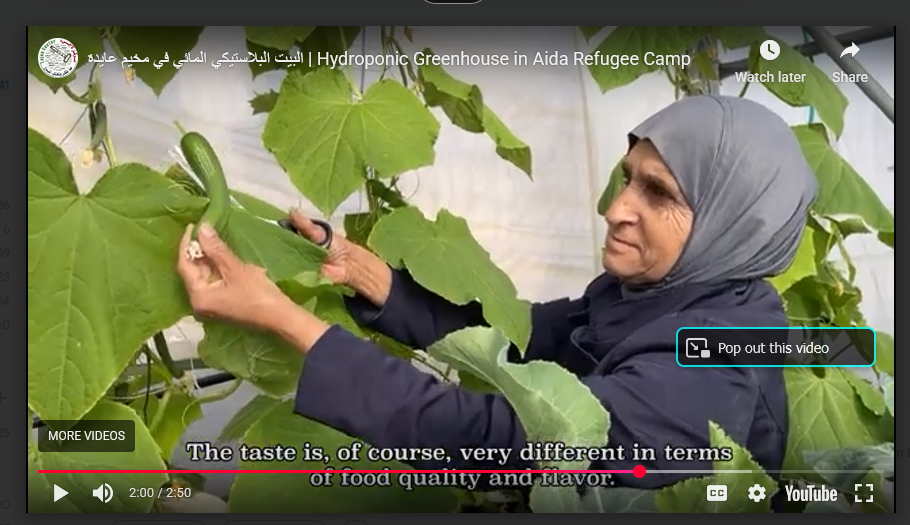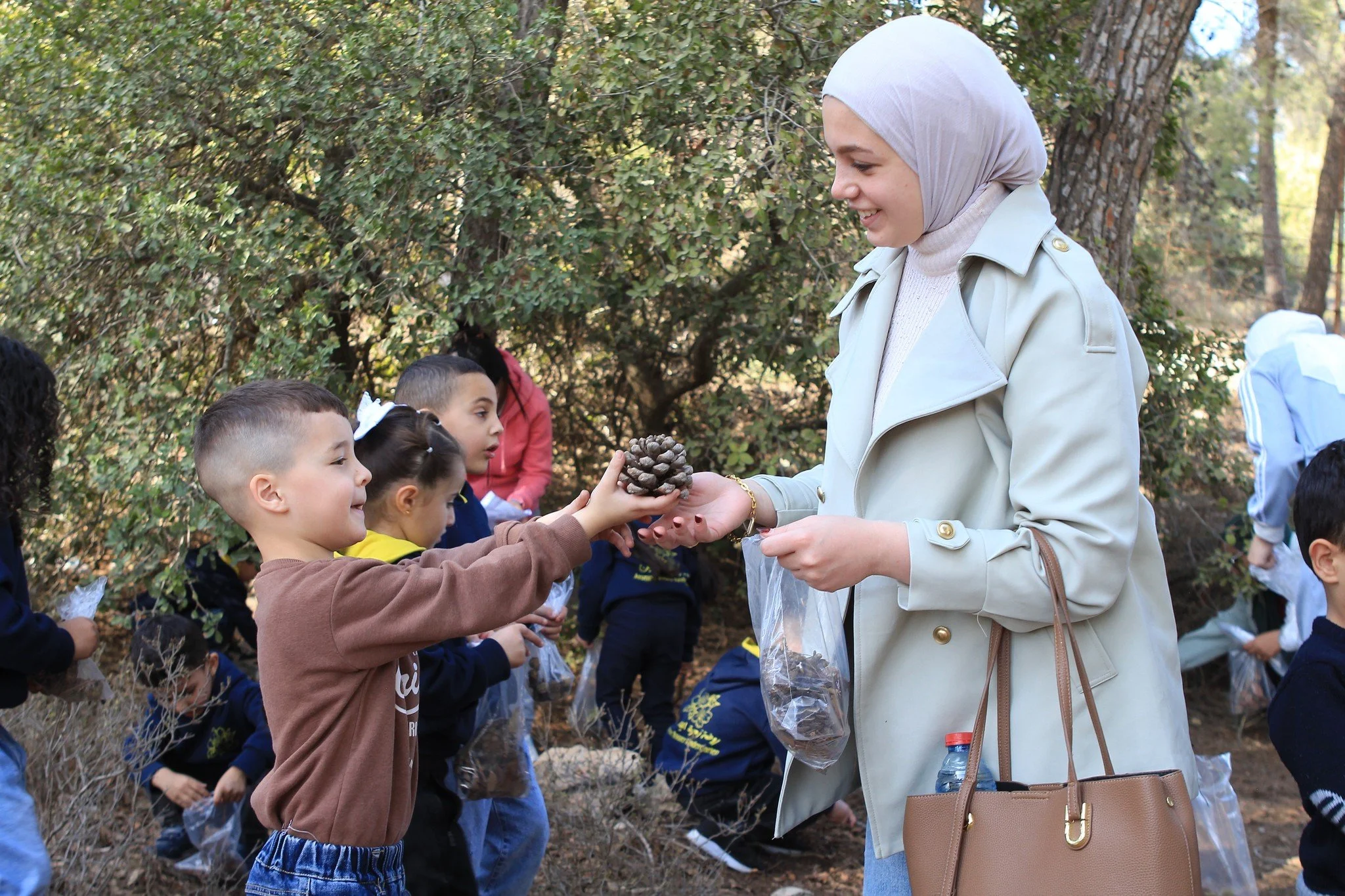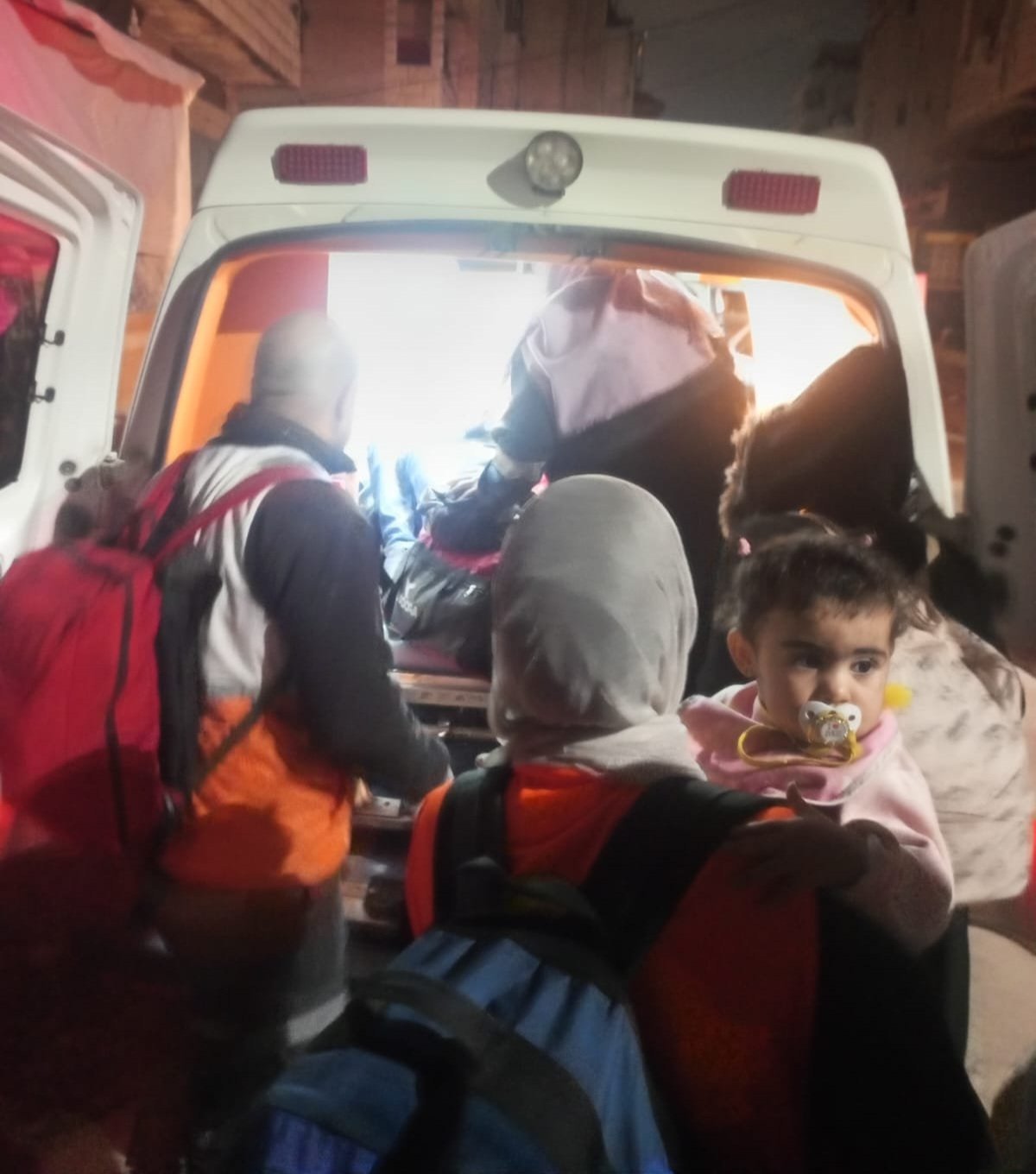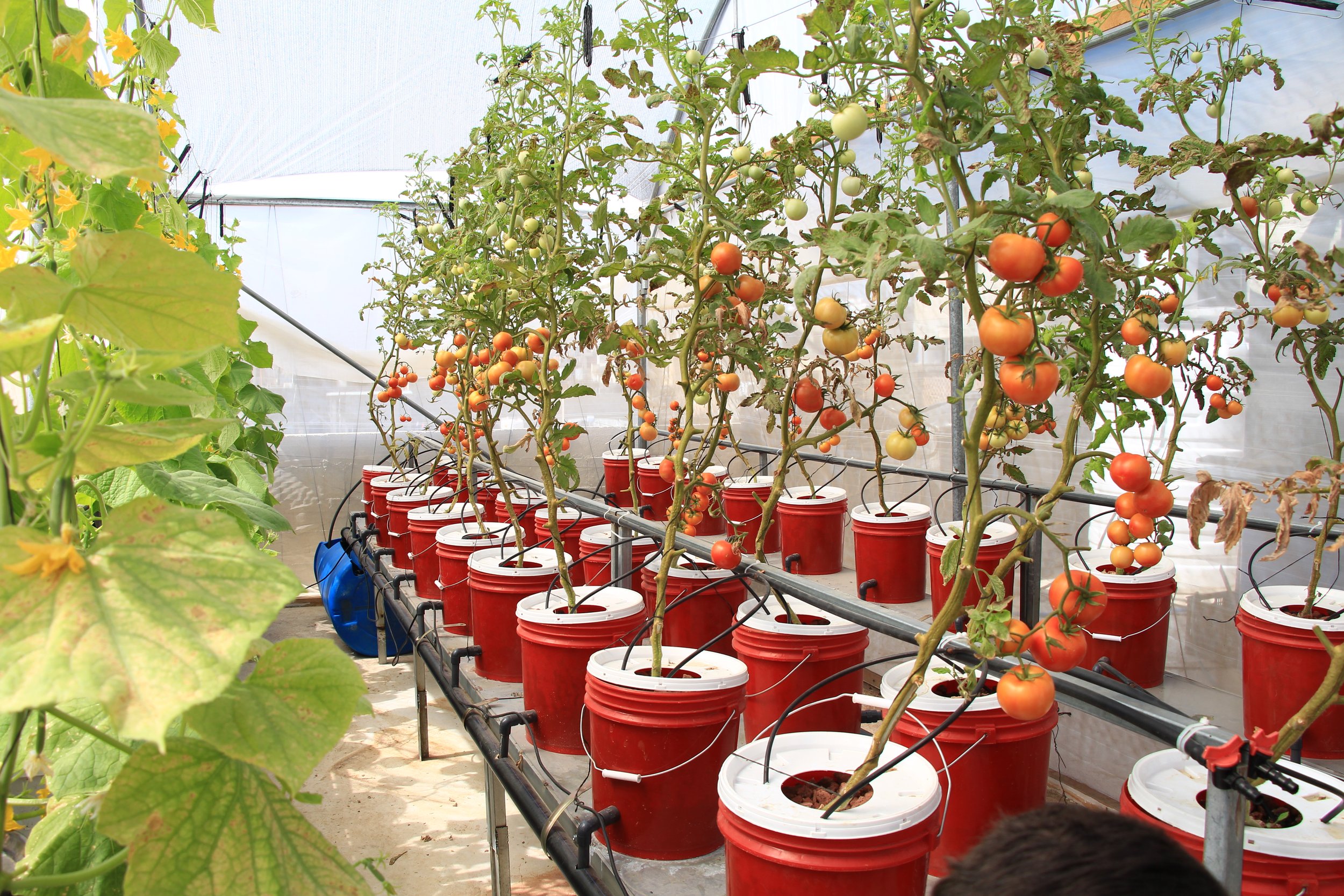Building a Future of Peace, Hope & Justice for all.
Pic. Delegation led by 1for3 viewing a greenhouse in Tulkarm camp. In 2026 it will be refurbished to provide food & funds for the community.
In 2026, join us as we make a world in which all children can flourish.
We are advancing locally led initiatives in healthcare, food sovereignty & early-childhood education, while sustaining our gains from 2025.
In 2025, we achieved some firsts: 1. Expanded kindergarten enrollment due to a new classroom. 2. Rolled out pediatric and trauma care initiatives in Health 4 Palestine. 3. Started environment and food education for kindergarten students.
In 2026, we will sustain these new efforts and have an ambitious set of goals.
Complete construction of a health clinic in the Aida refugee camp.
Add a greenhouse in Tulkarm camp.
Increase home-based greenhouses in Aida camp.
Start new Health 4 Palestine efforts in Jalazone camp.
Video: Advancing Food Sovereignty
Working with partners in Palestine & in the US we support urban gardening in Palestinian refugee camps. This is a great video that showcases 1 of these. It was made by our local partner & a US-based non-profit.
Supporting local food production helps to reduce reliance on Israeli food products. These are subject to availability at the whim of the military occupier. The garden in the video uses hydroponic technology & is located on the rooftop of a family home in Aida camp.
Making More Gardens
Working with Design Palestine, a Boston-based group of design professionals & local partners, 1for3 is expanding food production in camps. In 2026 we will add 20-30 new soil-based planting gardens. These are less expensive & easier to maintain than hydroponic gardens. Like them, however, the new gardens use less water than normal growing methods & benefit from shade covering. This aids plant growth on rooftops & balconies, while also making a nice place to sit on a hot day.
Click on the image to view the video. In it, you meet Muntaha Abu Ouda. In the background are our environment manager, & Aida camp Health 4 Palestine community health workers. Integrating high-touch healthcare & nutrition is a cornerstone of our work in community-based healthcare.
Kindergarteners + Environment
Students at Zahrat Al-Yasmeen, our kindergarten, recently did 2 special environmental activities. With their teachers the students learned how to recycle paper & use edible greens as food. In the pictures, students are working with their teachers to recycle paper & walking in nearby land that is not closed off yet by the Israeli military. For the food project, over the course of a week they planted & tended sweet mustard microgreens. Then, they harvested them & made healthy sandwiches with other ingredients. These 2 activities provide a window on the hands-on, child-focused pedagogy used by teachers at Zahrat Al-Yasmeen to engage students on the environment around them. Pretty cool.
1for3: 1 Organization - 3 Palestinian Rights.
Health
Health 4 Palestine (H4P) is our program that supports community health. In it, 26 trained community health workers (CHWs) work in 5 camps with over 700 patients. Most care focuses on treating chronic diseases & trauma.
Environment Food
Our work in food encompasses the construction & operation of three community hydroponic gardens & a number of micro growing towers. We provide training in hydroponics. Women & young people make up the core participants in our food work. Our goal is to advance Palestinian food sovereignty & support healthy lifestyles.
Environment Water
We established potable water quality monitoring programs, built two community cisterns, replaced 30 rooftop water tanks to safeguard household water supplies & trained refugees to conduct independent water testing that resulted in upgraded infrastructure improvements. We also led four delegations to build water testing labs & train testing technicians.
Education
Zahrat Al-Yasmeen kindergarten.
Since 2019, 1for3 has brought together Palestinian & US educators to support child-focused learning. Together, they build curricula, teaching methods & new offerings of student support. Opened in 2021 & located in the UN-run Aida refugee camp in Bethlehem, West Bank, Zahrat Al-Yasmeen kindergarten provides a great pre-school education for 50 children from two UN-run camps.
